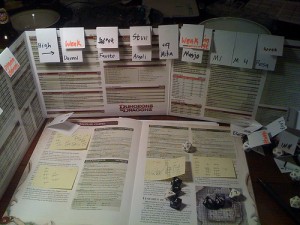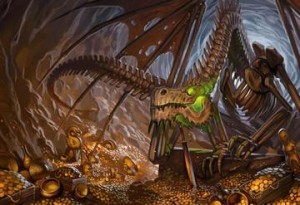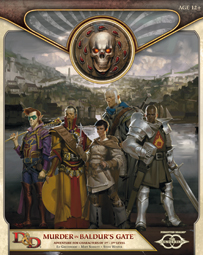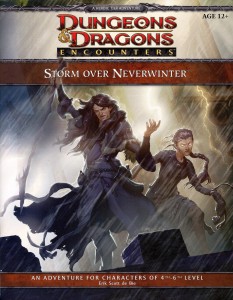On Friday we comb through our extensive archives to find an older article that we feel deserves another look. From June 5, 2012, Dungeon’s Master once again presents: Staying Alive: 8 Ways to Keep Wounded PCs in the Game.
One of my biggest issues with D&D is the five-minute work day. This is when PCs expend all their best powers and burn through their healing surges so quickly that they’re useless unless they take an extended rest. The game is designed for PCs to have four or more encounters before they should need to take an extended rest but I suspect that many DMs rarely push through more than four encounters before calling it a day. However, there will be times when this just isn’t possible – either because it doesn’t make sense given how the story is progressing or the printed adventure doesn’t allow it. In these cases the DM may need to get creative to keep the PCs alive until the end of the day.
Assuming the PCs can still take short rests then output isn’t usually a big deal if the party continues on past four encounters. Sure they may not have those awesome daily powers at their disposal into the fifth encounter but they will have all their cool encounter powers. It’s healing surges that usually become the biggest problem.
Strikers generally have the fewest surges to begin with, and unless the player has a reasonable Constitution score or the Durability feat they’ll run out of surges quickly. What makes the problem worse is that as soon as monsters (intelligent monsters anyway) see a striker mowing through their ranks they’ll target the biggest threat (the striker). Unless you’ve got advantageous tactics or a decent defender at your side, strikers end up taking damage every fight.
So what’s a DM to do when this kind of thing happens? How do you keep a wounded party in the game and convince the players to push those PCs forward? It may just be a game, but players get emotionally attached to their PCs quickly and no one wants to enter a combat encounter knowing that their PC is likely to die. It’s a delicate situation that requires some careful manipulation. The key is not to do so in such a way that it insults the players or belittles the game mechanic. Players want to do well but they don’t want the DM to just give them an easy, unearned victory. It’s a real balancing act and here are 8 suggested ways to pull it off.




